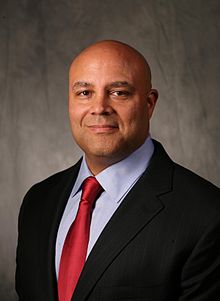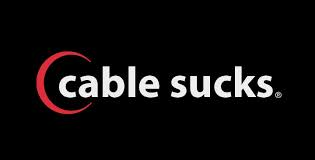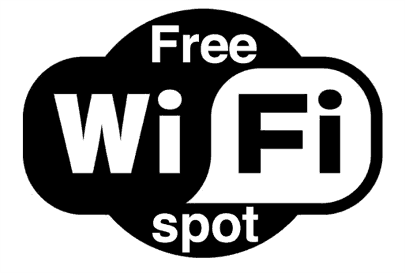
Wheeler
Incoming Federal Communications Commission chairman Tom Wheeler believes competition can be a more effective regulator of telecom industry practices and pricing than “micromanaging” the companies selling service.
“The first goal ought to be to make sure there is effective competition,” Wheeler told the Wall Street Journal in an interview Wednesday. “But I also know competition isn’t something that happens all by itself. We very much have a responsibility to make sure that there is access, at reasonable prices, to competitive broadband services. The way you do that is go back to competition.”
But Wheeler refused to share his views on whether Americans now enjoy his definition of “effective competition” from a wireless industry dominated by AT&T and Verizon and wired broadband service available from only one cable and telephone company in most communities.
“The reason why the U.S. is the world leader on the Internet is because we have the home-field advantage,” Wheeler said. “We want to keep that home-field advantage. One of the ways to do that is to keep the environment competitive, so it’s not the regulators determining what companies do.”
But the United States is not a broadband leader in speed, price, or penetration according to the OECD.
Wheeler seems reluctant to intervene in the market unless he is convinced competition is lacking. As a former lobbyist for the same companies he is now tasked with overseeing, a key test will be if Wheeler adopts the industry view that broadband is already a fiercely competitive and highly regulated business, or the one held by many consumer groups that a consolidated telecommunications marketplace retards competition, leading to higher prices and more restrictive service.
In an article posted on the FCC website, Wheeler described the philosophy governing his chairmanship of the FCC:
During my confirmation hearing I described myself as “an unabashed supporter of competition because competitive markets produce better outcomes than regulated or uncompetitive markets.” Yet we all know that competition does not always flourish by itself; it must be supported and protected if its benefits are to be enjoyed. This agency is a pro-competition agency.
We stand for the things that are important regardless of the network technology being used:
- To promote economic growth – technological innovation, growth and national economic leadership have always been determined by our networks; competition drives the benefits of those networks; and we have a responsibility to see to the expansion of those networks, including the appropriate allocation of adequate amounts of spectrum.
- To maintain the historic compact between networks and users – a change in technology may occasion a review of the rules, but it does not change the rights of users or the responsibilities of networks.
- To make networks work for everyone – it isn’t just that we expand high-speed Internet, but what we will be doing with that capacity. How networks enable a 21st century educational system, enable the expansion of capabilities for Americans with disabilities; and assure diversity, localism and speech are basic underpinnings of our responsibility.
One surprising appointment announced by Wheeler was Public Knowledge’s Gigi Sohn, who will become special counsel for external affairs. Sohn has been a frequent critic of the FCC and its former chairman, Julius Genachowski. She is also a strong advocate of Net Neutrality.


 Subscribe
Subscribe


 Time Warner Cable has added two new lobbying firms, despite running up nearly $4 million in lobbying expenses during the first half of 2013, to advocate a hands-off policy on broadband and changes in how television stations get compensated from cable providers after a month-long dispute with CBS helped fuel subscriber losses.
Time Warner Cable has added two new lobbying firms, despite running up nearly $4 million in lobbying expenses during the first half of 2013, to advocate a hands-off policy on broadband and changes in how television stations get compensated from cable providers after a month-long dispute with CBS helped fuel subscriber losses.

 A new research report issued by Time Warner Cable concludes cell phone companies like AT&T and Verizon Wireless cannot meet the future data demands of customers over their 4G LTE wireless networks without punitive usage caps and high fees to deter usage, even with new spectrum becoming available for the wireless industry’s use.
A new research report issued by Time Warner Cable concludes cell phone companies like AT&T and Verizon Wireless cannot meet the future data demands of customers over their 4G LTE wireless networks without punitive usage caps and high fees to deter usage, even with new spectrum becoming available for the wireless industry’s use. “Given a choice, more than 80 percent of tablet, laptop, and eReader owners would either prefer Wi-Fi to mobile access, or have no preference,” Cisco concluded. “And, just over half of smartphone owners would prefer to use Wi-Fi, or are ambivalent about the two access networks.”
“Given a choice, more than 80 percent of tablet, laptop, and eReader owners would either prefer Wi-Fi to mobile access, or have no preference,” Cisco concluded. “And, just over half of smartphone owners would prefer to use Wi-Fi, or are ambivalent about the two access networks.”
